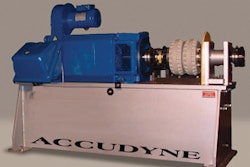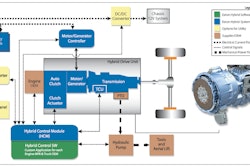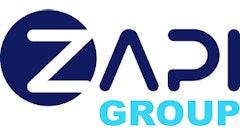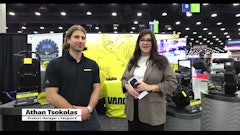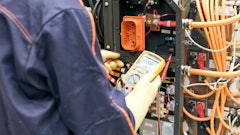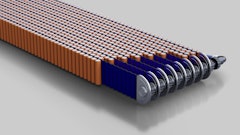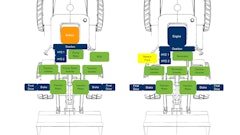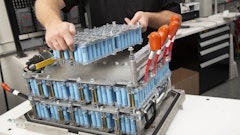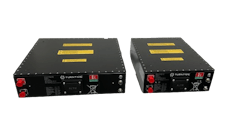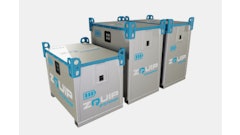As part of the Obama Administration's all-of-the-above energy strategy to reduce the United States' reliance on foreign oil and save drivers money at the pump, the Energy Department has invited public comment on an upcoming solicitation totaling more than $50 million for new research projects that will develop advanced technologies to improve vehicle performance and increase fuel economy. By investing in cost-shared projects to accelerate the development of cutting-edge vehicle technologies, the Energy Department is helping to reduce America's reliance on foreign oil, save American families and businesses money, and protect our nation's air and water.
The department is distributing a draft of the solicitation and will release the final version after a period of public comment and revision. The draft proposes funds for projects across five major areas of vehicle technology research and development:
- Advanced lightweighting and propulsion materials: Advanced materials are essential to reducing vehicle weight while maintaining performance and safety. Projects selected in this area will contribute to research in cast magnesium alloys, high-strength steel and dissimilar material joining.
- Advanced battery development: Advances in battery technology can result in less expensive, more efficient batteries that can increase the all-electric range of plug-in electric vehicles. Projects selected in this area will improve cell chemistry, composition, and processing; contribute to battery modeling; or develop advanced electrolytes for next generation lithium-ion cells.
- Power electronics: Improving power electronics can lower the cost, improve the efficiency, and decrease the weight of electric traction drive systems for plug-in electric vehicles. Projects selected in this area will develop lower-cost capacitors that are capable of withstanding much higher temperatures than current technology and can be commercially manufactured.
- Advanced heating, ventilation, and air conditioning systems: High efficiency heating and cooling systems can significantly increase efficiency in conventional vehicles and improve all-electric driving range in plug-in electric vehicles while providing a comfortable temperature for passengers. Projects selected in this area will develop and demonstrate technologies to reduce these auxiliary loads.
- Fuels and lubricants: Fuels and lubricants can increase the efficiency of both future vehicles and those already on the road. Projects selected in this area are expected to improve the fuel efficiency of light-, medium-, and heavy-duty vehicles.
As part of the Advanced Vehicle Power Technology Alliance between the Department of Energy and the Department of the Army, the Army plans to contribute $3.5 million in co-funding for several areas where there are joint development opportunities.
When the final funding opportunity announcement is released following this public comment period, the department will accept applications from industry, national laboratories, and university-led teams to address these challenges and enable technologies that drive innovation in vehicle design. Read more information about how to provide comments on the draft.





